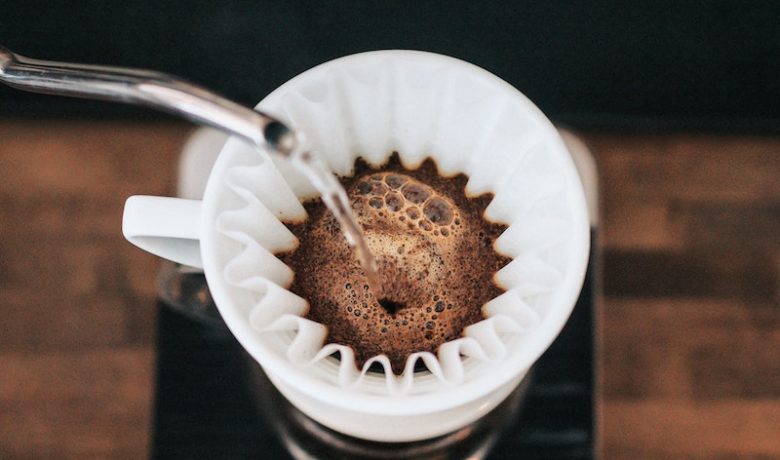17 Brilliant Ways to Reuse Coffee Grounds
You might not be aware, but the coffee grounds you discard every morning could have a second life. Whether you’re purchasing premium single-origin coffee beans or rich blended ones, you can maximize your coffee budget while protecting the environment. From their texture to their nutritional value, your coffee grounds have much to offer.
To help you get started, here’s a list of suggestions for reusing your used coffee grounds. We hope this helps you find a suitable use for them. Perhaps you’ll even discover another creative use!
17 Ways to Reuse Used Coffee Grounds
1.Composting
Used coffee grounds are warm, moist, and rich in nitrogen, making them an excellent natural fertilizer for plants. While some prefer to mix the grounds directly into the soil, this method tends to decompose quite slowly. The most effective way to use coffee grounds for plant growth is to incorporate them into a complete compost system, where the heat generated during decomposition accelerates their breakdown process.
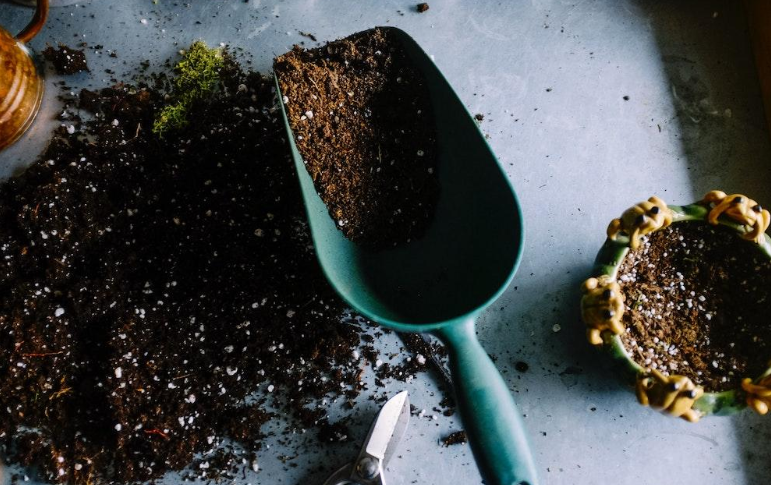
2.Refrigerator Deodorizer
Coffee grounds are excellent at absorbing odors, much like baking soda, making them perfect for eliminating refrigerator smells. The nitrogen in coffee grounds reacts with sulfur in the air, capturing and neutralizing it, which also makes them a great addition to soil. Moreover, this isn’t limited to refrigerators; coffee grounds can be used to deodorize almost any area with bad odors.
3.Melting Ice on Sidewalks
During the depths of winter, spreading coffee grounds on freshly shoveled sidewalks can prevent refreezing until temperatures drop further and can even help melt some ice. Their gritty texture also adds traction on icy surfaces.

4.Enhancing Blue Flowers
If you have flowering plants in your garden that thrive in lower pH soils, try sprinkling some acidic coffee grounds into the soil. As these grounds decompose over time, they will lower the soil’s pH level, allowing blue flowers like hydrangeas to grow more vigorously.
5.Natural Slug Repellent
Slugs dislike the acidity of coffee grounds and will avoid crossing them whenever possible. If your garden frequently suffers from slug infestations, using coffee grounds can be an inexpensive and effective solution to keep them at bay. However, be mindful that decomposed coffee grounds can slightly acidify the soil, which might pose a problem for plants that prefer alkaline conditions.
6.Skin Exfoliant
With a texture similar to sand, coffee grounds make an excellent natural exfoliant. You can apply them directly to your skin as a scrub to remove dead skin cells and unclog pores or mold them into solid exfoliating bars for convenience. In either case, using coffee grounds can benefit your skin.
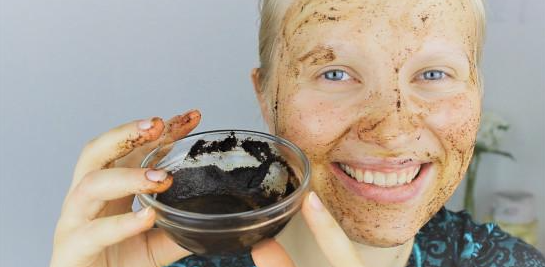
7.Clean Your Dishes Thoroughly
Much like how detergents help remove dead skin cells, coffee grounds are effective at scrubbing off stuck-on food particles from your cookware. Early settlers used sand to scrub away food residues due to the lack of steel wool; similarly, you can use coffee grounds to clean your pots and pans.
8.Hand Scrub
When used on the face, coffee grounds exfoliate dead skin cells and soften the skin. On your hands, however, they serve a different purpose. Pumice soap is commonly used to scrub tough dirt and grime off cars or machinery. Coffee grounds offer an affordable and readily available alternative that leaves your hands with a subtle morning scent.
9.Meat Rub
Coffee is often an underappreciated ingredient in cooking. It’s essential in red-eye gravy and can be found in everything from barbecue sauces to chocolate desserts. Coffee grounds bring a natural smoky flavor when used as a rub for meats such as brisket, ribs, or even tender steaks. This method not only extends the value of premium coffee grounds but also allows you to customize the meat’s flavor based on the specific taste of the coffee. An added bonus is that the acids in coffee help break down the meat fibers, making it more tender.
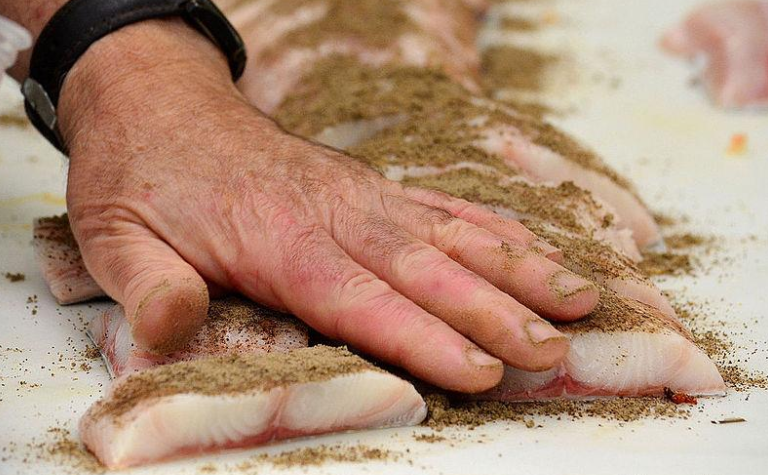
10.Beer Brewing
Craft beer enthusiasts might already recognize the taste of coffee in their favorite brews. Many breweries use coffee grounds in the brewing process, especially for stouts and porters, which are perfect for sipping on a chilly afternoon. If you’re planning on reading late into the night, these beers can also provide a caffeine boost to keep you awake.
11.Antique Dye
During the Victorian era, British soldiers used tea to dye their helmets brown. Keep this in mind when thinking about what to do with used coffee grounds. Instead of spending a lot of money on distressed or vintage clothing, consider using coffee grounds as a natural dye for your clothes after you’ve finished your cup of joe.
12.Arts and Crafts
If you want your handmade paper to have an antique look, try staining it with coffee grounds. Coffee grounds can actually be used to dye various crafts, giving them a naturally aged appearance. This technique can also be applied to Easter eggs if you want them to look like they were dyed decades ago.
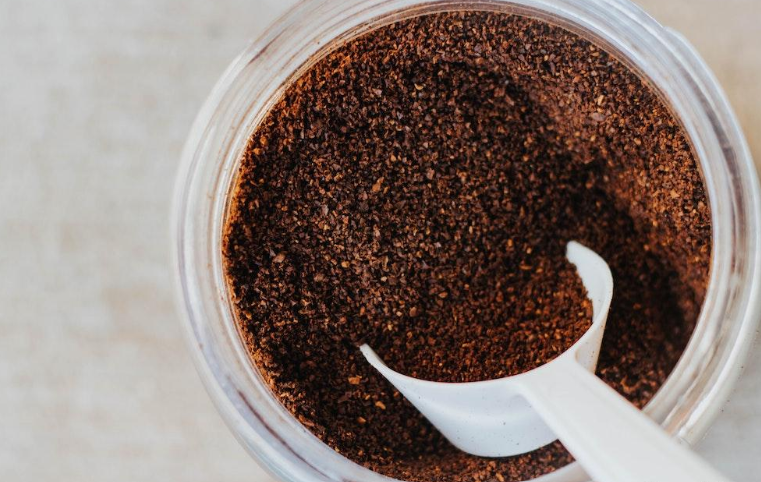
13.Enhancing Hair Shine
Avoid using coffee grounds on lighter hair colors like blonde or red, but if you have brown or black hair, they can help remove dirt and soften your hair due to their acidic properties. Use them sparingly to avoid stripping essential nutrients.
14.Treating Furniture Stains
Coffee grounds can add a touch of sheen to items you’re staining, including wood, providing an affordable dark tint. Mix them with water for a thin paint-like layer or rub them in and let sit for about an hour before rinsing off for a more natural appearance.
15.Natural Insect Repellent
Coffee grounds repel not just slugs but other garden pests too. While slugs dislike the acidity, other pests are deterred by the smell. Mix grounds into soil to repel underground pests or sprinkle on top to keep insects and even cats at bay. Be aware that decomposing coffee grounds increase soil acidity.
16.Reducing Fireplace Ash Dust
When cleaning fireplace ashes, sprinkling coffee grounds on them adds moisture to dry ashes, reducing airborne dust. This makes cleanup easier—just scoop and dispose of them.
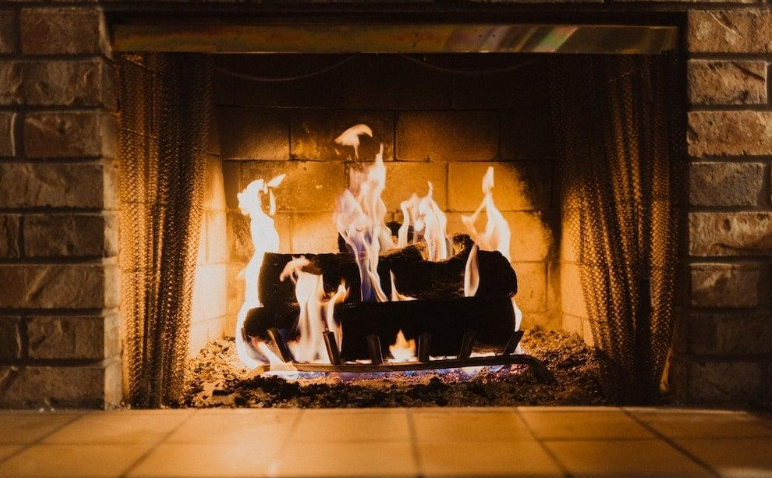
17.Food for Worms
Slugs and other garden pests despise coffee grounds, while worms enjoy munching on them. Mixing coffee grounds with your soil not only boosts nitrogen levels significantly but also ensures that the coarse particles in the grounds keep the soil well-aerated, providing an ideal environment for worms regardless of the soil type.
